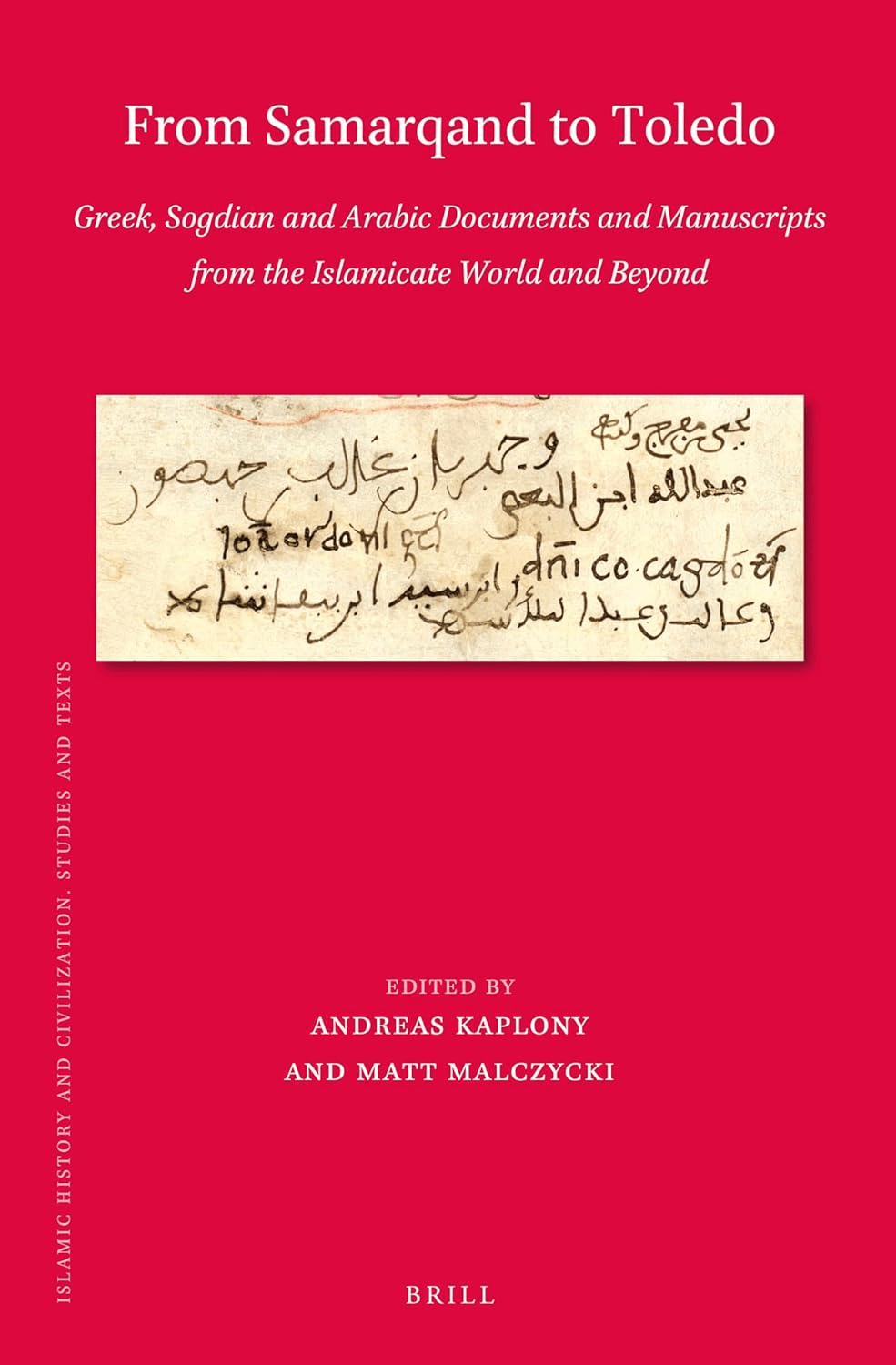
Plagues, Quaratines and Geopolitics in the Ottoman Empire
David W. Tschanz
Birsen Bulmuş
2012, Edinburgh UP, 978-0-74864-659-3, £70 hb.
Despite its somewhat ponderous title, this study is an exceptionally readable work that explains how, from the 1400s, internal and external forces drove Ottoman public health. Bulmuş exposes the complexity of how public health policy was made through the interactions of variously allied and opposing interests—factors that still pervade decision-making in the field today. Religious officials in the empire relied on Qur‘anic passages, while physicians relied on a mix of scholarship, beliefs and empirical facts; business leaders opposed measures that would hurt their bottom lines; and politicians tried not to offend anyone, while their interference was often resented by local citizens. In the end it was the sultan who had the final say, initiating reforms that by the early 19th century included sewage disposal, clean-water systems, quarantine of immigrants and better building codes. A comprehensive bibliography provides a wealth of further reading.
You may also be interested in...

Old Documents Shed New Light on History in Book Connected to Ancient Islamic World
The painstaking work to recover history—one page at a time—is on brilliant display in this collection of essays focusing on early Arabic, Coptic, Greek, Hebrew, Latin and Sogdian manuscripts..png?cx=0.45&cy=0.59&cw=382&ch=519.4922937443337)
New Book Decodes Mystery Behind Sixth Century Mosaic Pavement
Jane Chick’s 2024 study on enigmatic Libyan mosaic bridges Late Antiquity Roman and early ecclesiastical art.